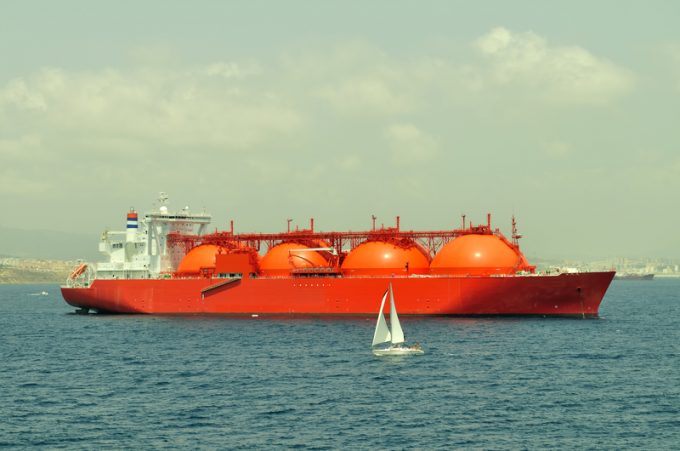Maersk u-turn on LNG sparks new industry impasse over greener fuel
Recent shipowner behaviour over LNG has re-ignited a clash between the fuel’s opponents and the ...

Originally touted as a clean-burning fuel with reduced sulphur and particulates and a part-way decarbonisation solution, recent developments show the honeymoon is definitely over for liquefied methane gas (LNG).
On Monday, 40 lawmakers signed a letter to Brenda Mallory, chair of the ...


Comment on this article